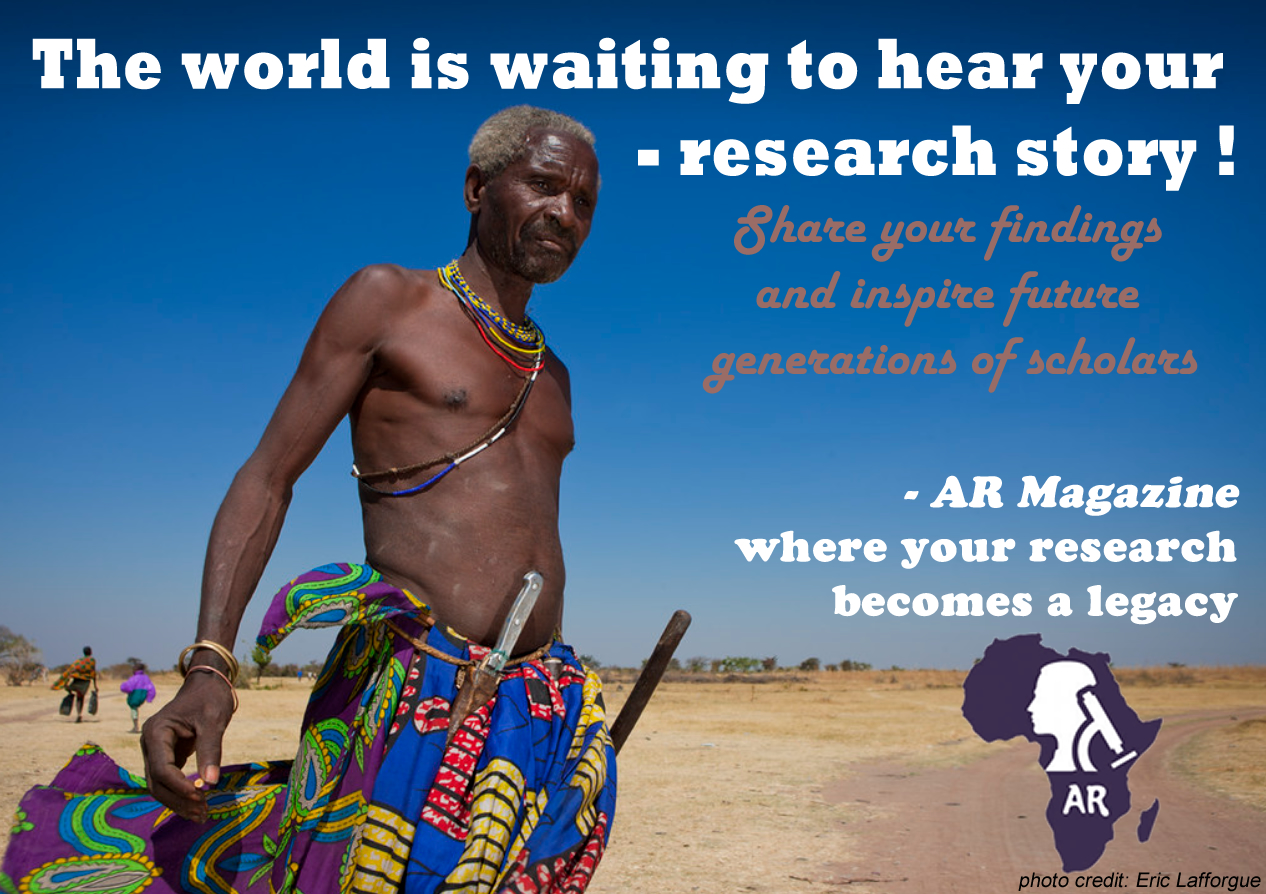A recent study by Akpuokwe, et al., (2024) titled “MIGRATION TRENDS AND POLICIES: A REVIEW OF AFRICAN AND USA PERSPECTIVES” published in International Journal of Applied Research in Social Sciences, shows that African and USA regions experience migration driven by economic aspirations, with individuals seeking better opportunities and improved living standards.
“
Migration in Africa and the USA is driven by economic aspirations, conflicts, and environmental challenges, emphasizing the need for global cooperation.– Akpuokwe, et al., (2024)
The International Journal of Applied Research in Social Sciences recently published an insightful exploration into migration patterns and policies in Africa and the United States. The article delves into the multifaceted reasons driving migration within Africa, encompassing economic aspirations, political instability, and environmental pressures leading to both voluntary and involuntary displacement. It sheds light on how these factors intertwine to shape migration patterns across the continent. A critical examination of the role played by the African Union in crafting migration policies within the continent is provided. Additionally, the complex immigration landscape of the USA is dissected, highlighting how societal demands and political climates influence the formulation of immigration regulations and enforcement. Through a comparative lens, the article scrutinizes migration trends and policies between Africa and the USA. It draws attention to shared themes and disparities, offering insights into how differing socio-economic contexts impact migration management strategies. Emphasizing the imperative of collaborative efforts in addressing migration challenges globally, the article advocates for inclusive, humane, and sustainable policies. It stresses the necessity of fostering international cooperation to devise comprehensive approaches that prioritize the well-being of migrating populations. The article culminates in a compelling call to action for the development of holistic migration policies that take into account the diverse needs and circumstances of migrant communities.
How the Study was Conducted
The authors compare migration trends and policies between Africa and the USA, identifying common themes and differences. The authors also examine various forms of migration, including economic migration, forced displacement, and asylum-seeking. The study delves into the policy frameworks of both regions, considering federal and state-level initiatives in the USA and regional integration efforts in Africa. Furthermore, the authors emphasize the importance of international cooperation to address migration challenges and promote sustainable policies.
What the Authors Found
The authors found that both African an USA experience migration driven by economic aspirations, with individuals seeking better opportunities and improved living standards. The authors also found that conflicts and environmental challenges lead to forced migration, affecting millions in Africa and influencing asylum-seeking in the USA.
Why is this Important
Informed Decision-Making: Policymakers, governments, and international organizations can use these findings to make informed decisions regarding migration management. Understanding the complexities of migration allows for targeted interventions and better resource allocation.
Humanitarian Considerations: Recognizing the impact of forced displacement and asylum-seeking on vulnerable populations is essential. These findings highlight the need for policies that prioritize humanitarian assistance, protection, and rights.
Global Cooperation: Migration is a global phenomenon, and cooperation between countries and regions is vital. By understanding common challenges and differences, collaborative efforts can be fostered to address migration effectively.
Sustainable Development: Economic migration can contribute positively to both origin and destination countries. These findings underscore the importance of sustainable policies that balance economic interests with social and environmental considerations.
What the Authors Recommend
- The authors recommend that global cooperation develop comprehensive migration policies considering economic, humanitarian, and environmental aspects. These policies should address both voluntary economic migration and forced displacement.
- The authors emphasize fostering international cooperation among countries and regions. Addressing migration challenges requires joint efforts, shared data, and coordinated responses.
- The authors argue that global cooperation should prioritize the rights and well-being of migrants. Ensure access to education, healthcare, and legal protections regardless of migration status.
In conclusion, this study provides a comprehensive examination of migration patterns and policies in Africa and the United States, highlighting the interconnected factors driving migration and the importance of collaborative, inclusive, and sustainable approaches in addressing migration challenges globally. By fostering international cooperation and prioritizing the rights and well-being of migrants, policymakers and stakeholders can work towards creating a more humane and equitable migration landscape. This research serves as a call to action for the development of holistic migration policies that consider the diverse needs and circumstances of migrant communities, ultimately promoting human dignity, social justice, and global cooperation in managing migration.
Cite this article as (APA format):
AR Managing Editor (2024). Insights into Migration Dynamics: A Comparative Analysis of Africa and the USA. Retrieved from https://www.africanresearchers.org/insights-into-migration-dynamics-a-comparative-analysis-of-africa-and-the-usa/






 The African Research (AR) Index is a comprehensive scholarly directory and database focused explicitly on journal publishers that publish and disseminate African research.
The African Research (AR) Index is a comprehensive scholarly directory and database focused explicitly on journal publishers that publish and disseminate African research.

